A significant part of a programmer’s job is to inspect the code for errors and resolve any they find. The computer programmers really needs excellent technical abilities and knowledge, the ability to work nicely with others and be ready to work on the worldwide scene. Computer programmers are accountable for writing and testing the code which allows software applications to work properly.

Read Article: These computer tips will definitely work for you
The sort of computer programmers the student wants to become will determine a lot of the courses they will take while studying for their degree in Computer Programming, so it’s important to comprehend the difference between them both.
So let’s see about the world’s top 10 Greatest Computer Programmers.
Grace Hopper
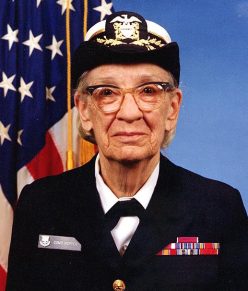
Who’s she: Grace Hopper was a US Navy rear admiral and a computer scientist. She had been among the first developers of the Harvard Mark I computer.
What she’s done: Hopper invented the first compiler for a computer programming language. She popularized the methodology of machine-independent programming language, which resulted in the growth of COBOL. She’s also credited for popularizing the expression debugging for fixing server glitches.
Major Achievements: She was the first girl on Earth who got her title in Distinguished Fellow of the British Computer programmers Society, Honorary Doctor of Science from Marquette University and National Medal of Technology (1991).
John Backus
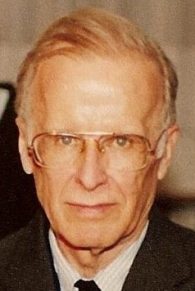
Read Article: Easy Way to Learn English
Who’s he: John Backus was a computer scientist, best called a developer of FORTRAN. He also received an M.S in math in 1950, from Colombia University.
What he’s done: Backus led the group that devised FORTRAN. The first widely employed high-level programming language. He devised BNF (Backus-Naur form), a notation to specify formal language syntax. He also popularized the expression functional programming language.
Major Achievements: Backus obtained the W.W. McDowell Award, National Medal of Science, ACM Turing Award, Draper Prize and named an IBM Fellow.
Bill Gates
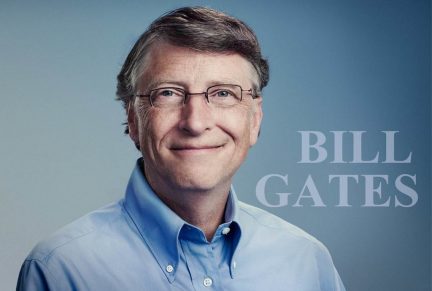
Who’s he: The guy who needs no introduction. How can I leave the planet’s richest developer whose software is used by the entire world.
What he’s done: For the first five years in Microsoft, Gates personally oversaw each and every line of code that the company sent out, frequently fixing ones he termed buggy or wrong. From the first days, he and Paul Allen wrote a whole standard language interpreter in assembly language for a pc they did not have access to, which had just 4k bytes of memory. They wrote it on PDP-10 running Intel 8080 emulator.
Major Achievements: He had been honored with the National Medal of Technology and Innovation. Distinguished Fellow of the British Computer Society and Bower Award for Business Leadership.
Brian Kernighan
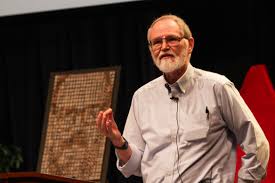
Who’s he: Brian Kernighan is a computer scientist who worked at Bell Labs. Early in a profession, he had been a program editor for Prentice-Hall International.
What he’s done: He also developed Unix OS with Dennis Ritchie and Ken Thompson. He authored numerous Unix apps such as cron and ditroff for Version 7. He also invented heuristic of this travel salesman problem and graph partitioning (both are NP-complete problems).
Brian is also the coiner of this well-known saying”What You See Is All You Get”(WYSIWYG).
Major Achievements: He won INFORMS Computing Society Prize in 1993, and obtained many Teacher awards during his career.
Ken Thompson
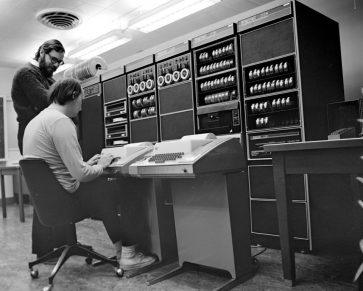
Who’s he: Ken Thompson is a pioneer of computer science and hacker community. He’s famous for designing and executing the Unix operating system.
What he’s done: Thompson developed the first Unix OS with Ritchie. He devised the B programming language and has been among the first developers of the Plan 9 operating system. He also devised the Go programming language whilst working for Google.
Tim Berners-Lee
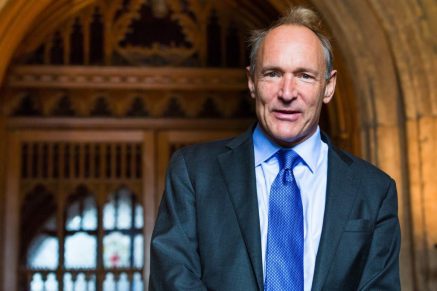
Read Article: 12 Best Body Language Tips
Who’s he: Tim Berners-Lee is a computer scientist, best known as the inventor of the World Wide Web (WWW). He’s the manager of W3C, Internet Science Research Initiative and a senior writer and ruler of the Founders Chair (MIT).
What he’s done: In 1989, Tim created a proposition for an information management platform and he implemented the communication between an HTTP client and server through the net. He’s also an integral figure behind data.gov.uk, a UK government job to start up all information obtained for official work for free reuse.
Bjarne Stroustrup
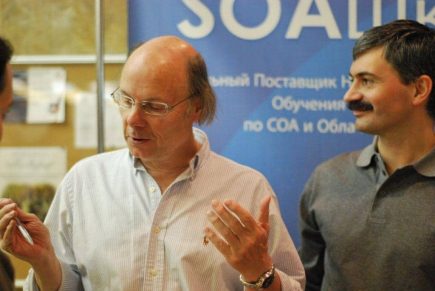
Who’s he: Bjarne Stroustrup is a computer scientist, researcher, works at Morgan Stanley. He had been head of Bell Labs’ large scale programming study section.
What he’s done: Bjarne Stroustrup worked alongside Dennis Ritchie co-developing the C language. In 1978, he started developing C++ speech (afterward referred to as C with Groups ). He composed its definition, made the initial implementation and designed all of its major centers. Stroustrup also composed the screenplay for the speech he developed,” The C++ programming language.
Major Fact: He had been awarded the William Procter Prize for Scientific Achievement. Grace Murray Hopper Award and he had been made a fellow of Computer History Museum for his C++ creation.
Linus Torvalds
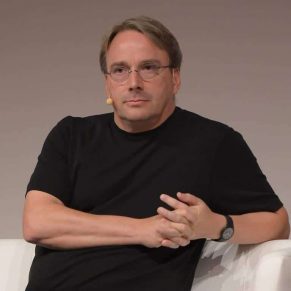
Who’s he: Linus Torvalds is a software engineer, project planner, and hacker. He’s the guy behind the Linux operating system.
What he’s done: He’s composed the Linux kernel code (approx 2%) and also the revision management system, Git. Many popular OS such as Ubuntu, Fedora, and Android are based on Linux. Torvalds retains the”Linux” trademark and tracks using it.
Major Achievements: He had been honored with the Millennium Technology Prize, together with Shinya Yamanaka for making an open-minded operating system. He also obtained an EFF Pioneer Award, Lovelace Medal in the British Computer Society and Vollum Award from Reed College.
Dennis Ritchie
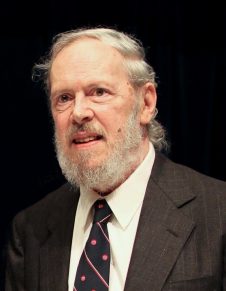
Read Article: Read This Report on Advanced Technology
Who’s he: Dennis Ritchie was a radical keyboard scientist who played a critical role in creating”C” programming language and Unix operating system. He had been used by Lucent Technologies & Bell Labs and defended his Ph.D. thesis on ‘Program Structure and Computational Complexity’. But he never formally obtained his Ph.D. level.
What he’s done: He developed a “C” programming language where many now utilized machine language and technologies are established, such as your PS4/Xbox. Ritchie produced a multiuser operating system named Unix. He’s also famous for growing ALTRAN, B, BCPL, and Multics.
Major Achievements: Ritchie has been honored with Turing Award, Hamming Medal in the IEEE, Computer Pioneer Award, Computer History Museum Fellow and Harold Pender Award.
Alan Turing
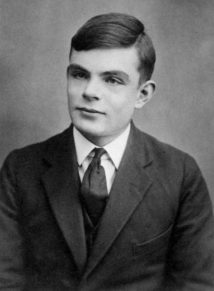
Who’s he: Alan Turing was a computer scientist, mathematician, cryptanalyst, and logician. He’s been known as the father of computer science and artificial intelligence.
What he’s done: During World War II, he invented numerous techniques for breaking German ciphers. Turing constructed an electromechanical machine which could discover settings of the Enigma machine. He formalized the concepts of computation and algorithm using the Turing machine, a machine that may be adapted to mimic the logic of any calculations.
Major Achievements: He had been honored with the Smith’s Prize, Officer of the Order of the British Empire and Fellow of Royal Society.
Since 1966, Turing Award has been given annually by the Association for Computing Machinery for donations to the computing community


